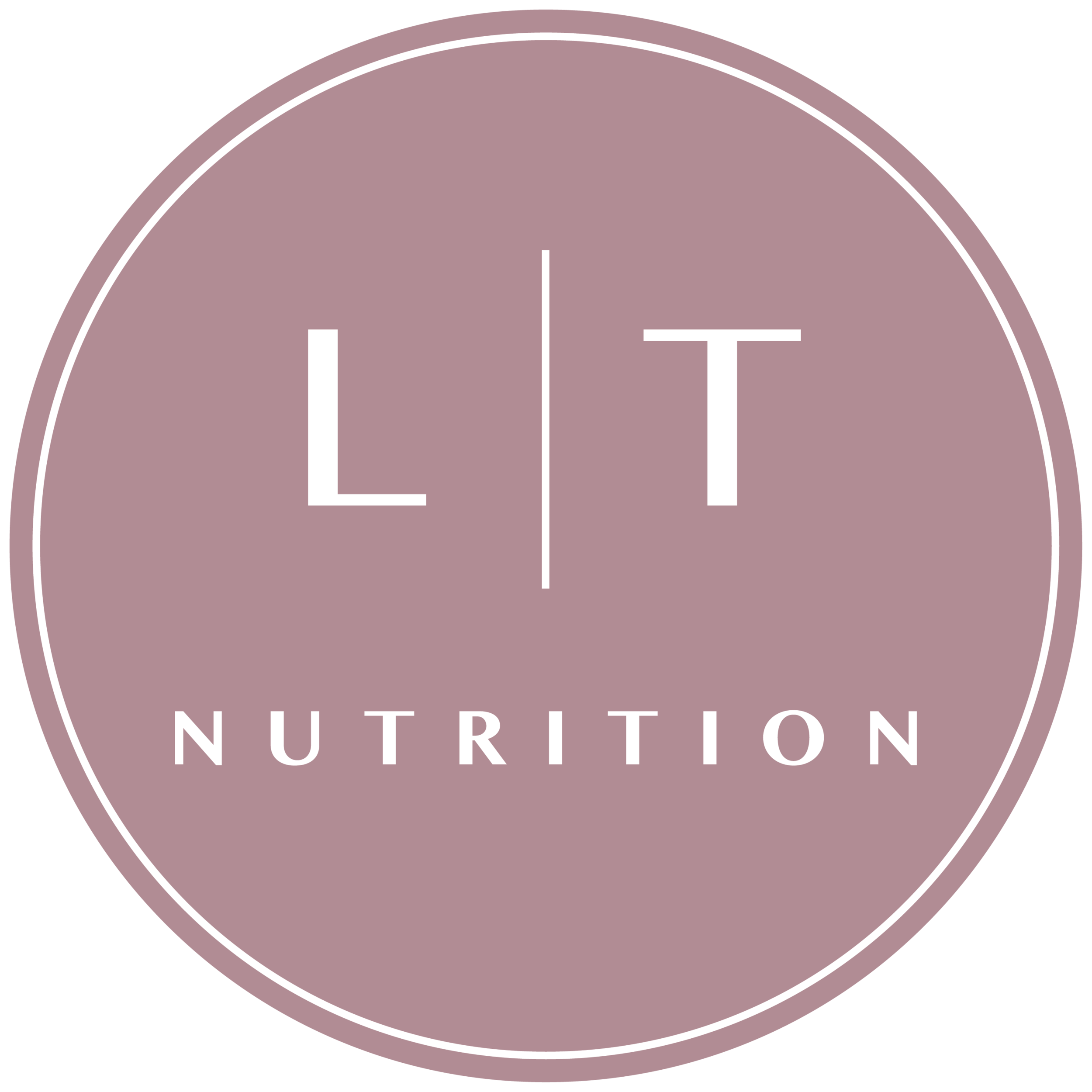Can perimenopause impact sleep quality?
It’s no secret, sleep quality and duration is a pillar of health and wellbeing, and one of the most significant changes you can face during perimenopause.
A good night’s sleep can significantly affect so many areas of our health and wellbeing. These areas include:
Brain function, in particular the ability to concentrate and retain information
Mood and the associated disorders anxiety and depression
Immunity and the prevention of inflammation and illness
Cardiovascular health
Energy levels
The management of appetite hormones ghrelin and leptin
Sleep disturbance is multidimensional,and there are many factors that may play a role in this issue. Major components of sleep include duration, continuity, timing and regularity.
We also know that there are multiple factors that influence sleep. These include vasomotor symptoms (hot flashes and night sweats) and changing hormone levels, circadian rhythm abnormalities, mood disorders, coexistent medical conditions as well as lifestyle factors.
Poor sleep is one of the most common complaints of women during perimenopause and menopause.
A 2015, survey conducted by the Centres for Disease Control and Prevention (CDC), found that sleep problems increased significantly for women aged 40-59 years, who were experiencing perimenopause. The key data from the survey showed:
56% of women slept less than 7 hours a night
24.8% of women said they had trouble falling asleep 4 or more times in a week
30.8% of women said they had trouble staying asleep at least 4 nights a week
49.9% of women wake in the morning feeling tired, rather than rested, 4 or more days in a week
In the Study of Women's Health Across the Nation (SWAN) cohort (2019), impaired sleep was predominantly linked to vasomotor symptoms–waking up when you feel as though you’re over-heating. Actigraphy data from women who experienced vasomotor symptoms showed more sleep-related movement and sleep fragmentation than those from women who did not have vasomotor symptoms. These women also experienced reduced sleep efficiency and were less likely to feel rested after waking.
Why is sleep affected during perimenopause and menopause?
Quite simply, sleep quality and duration during the menopause transition are affected by the fluctuating and declining sex hormones in particular estrogen and progesterone.
A decline in estrogen can cause:
A reduction in the production of serotonin and melatonin, which play a significant role in sleep
An increase in thermoregulation or simply our core temperature
Hot flashes and night sweats
A decline in progesterone can cause:
Restlessness
Anxiety
A reduction in the neurotransmitter GABA, which promotes a good night's sleep
Is there HOPE for a good night's sleep during the menopause transition?
Absolutely YES. These are my top tips to getting a good night's sleep during perimenopause
Reduce foods and drinks that trigger an increase in vasomotor symptoms such as caffeine, alcohol and spicy foods and include more foods that reduce vasomotor symptoms such as phytoestrogens found in soy, oats, flaxseed and chickpeas
Ensure you have a good sleep routine - a dark and cool room, the same sleep time, avoid technology, and try to reduce stress triggers before bedtime
Speak to a women’s health doctor about hormone replacement therapy - by topping up your declining hormones you should see a significant improvement in your sleep quality and duration. This should then have a positive effect on your overall mental and physical health.
If you would like to learn more about sleep management during perimenopause join me on Friday 24 March, for a Free Masterclass on how to get better quality sleep through nutrition


